
Making new friends as an adult
Friends provide us with a great amount of love and support in our lives. They’re always there to celebrate our successes or offer a helping hand or advice when times are tough. Having good friends reminds us we’re not alone in the world and makes for a richer life experience.
When we’re young, it’s easier to make new friends because we have more time to meet people and spend it with each other. As we grow older, work and other obligations leave us with less time to make new connections. At the same time, the mounting responsibilities of our existing friends can gradually draw them away to the point where we’re wondering where all our friends went.
Unfortunately, it becomes harder to make new friends as we get older, not only because of the busyness of adult life, but because unlike children we become more emotionally closed off to allowing new people into our lives. Without opening ourselves up to make new connections, we can’t make new friends.
If there was ever an expert on making friends, it would be author and corporate trainer, Dale Carnegie, who wrote How to Win Friends and Influence People in 1936. He literally wrote the book on how to make new friends. It was so successful that it went through 17 print editions in its first year of being published and has sold over 30 million copies. Even in the 21st century, sales still top 250,000 copies per year. Aside from it being one of the bestselling books of all time,1 a Library of Congress survey ranked it the seventh most influential book in American history,2 and it made number 19 on TIME magazine’s list of 100 most influential books.3
While the book is full of tips on how to connect with people in personal and professional scenarios, let’s look at Mr. Carnegie’s Six Ways to Make People Like You in his own words.4
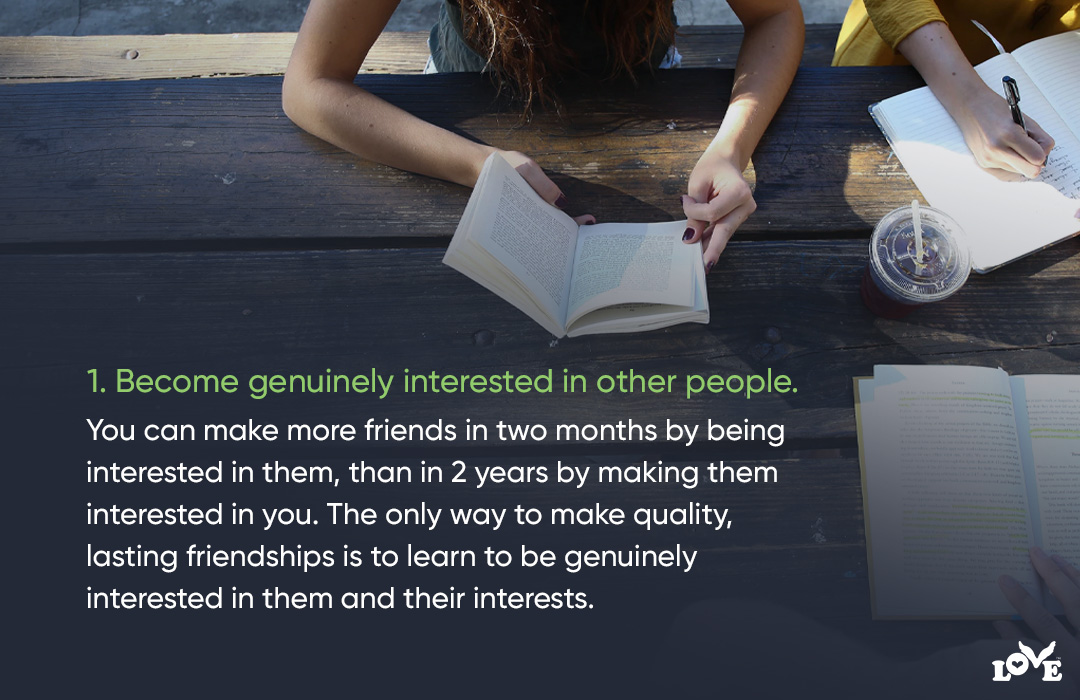
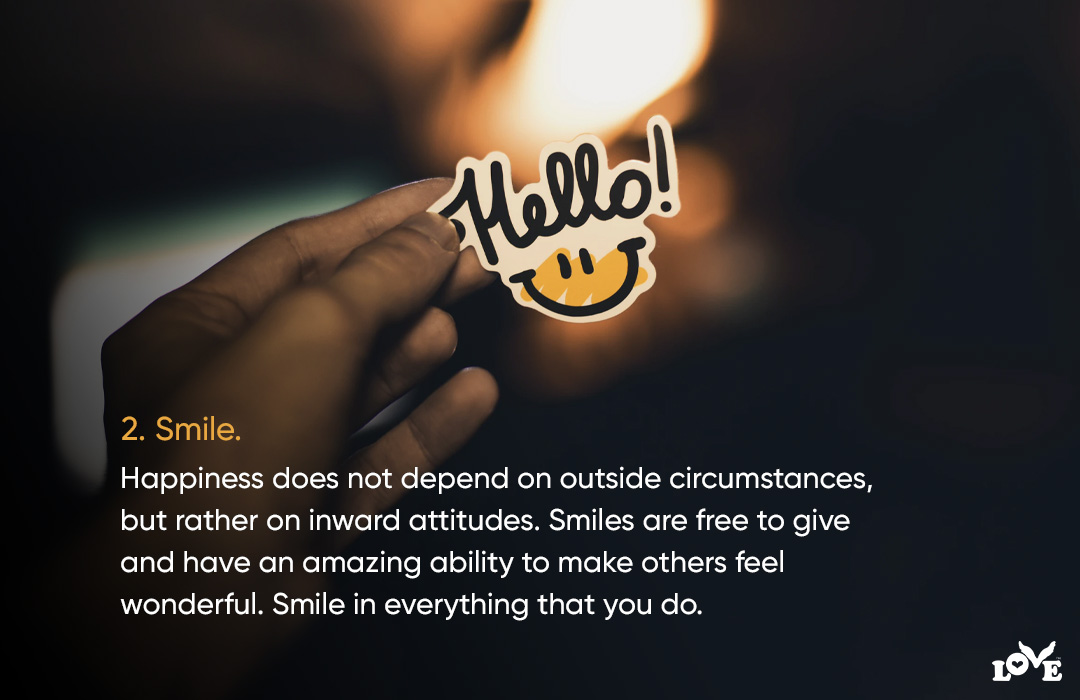
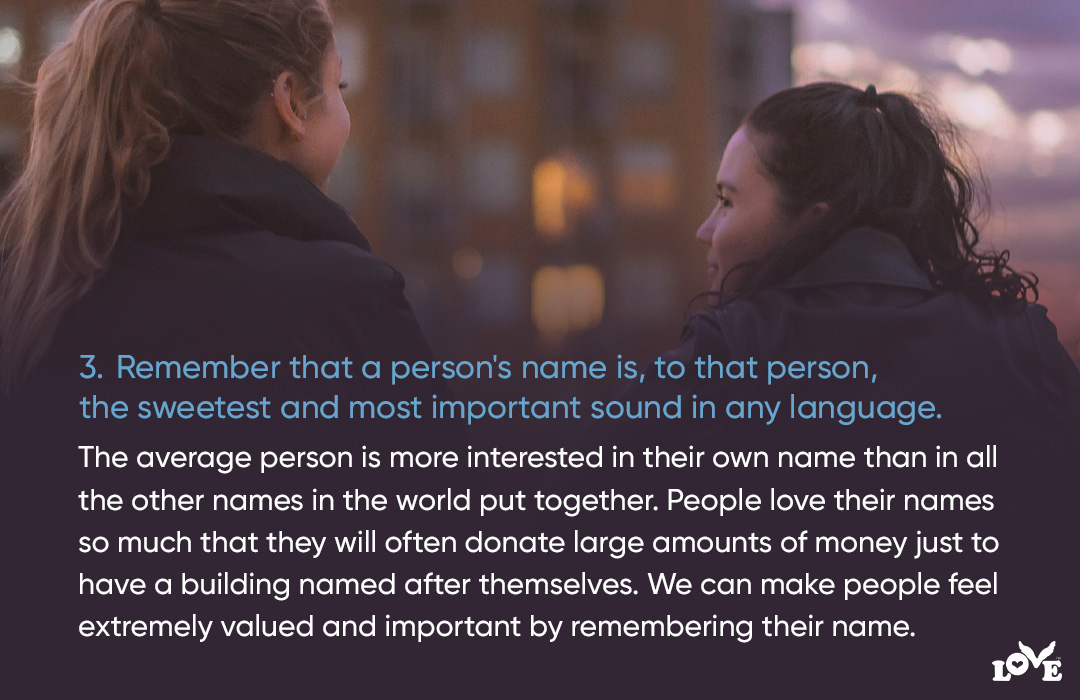
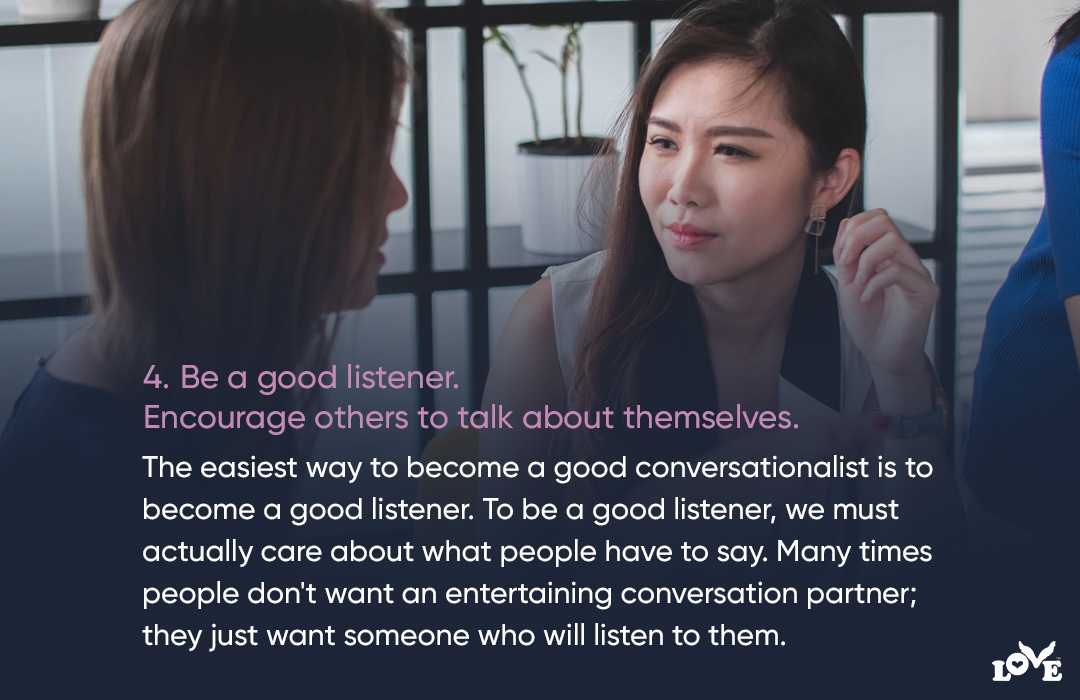
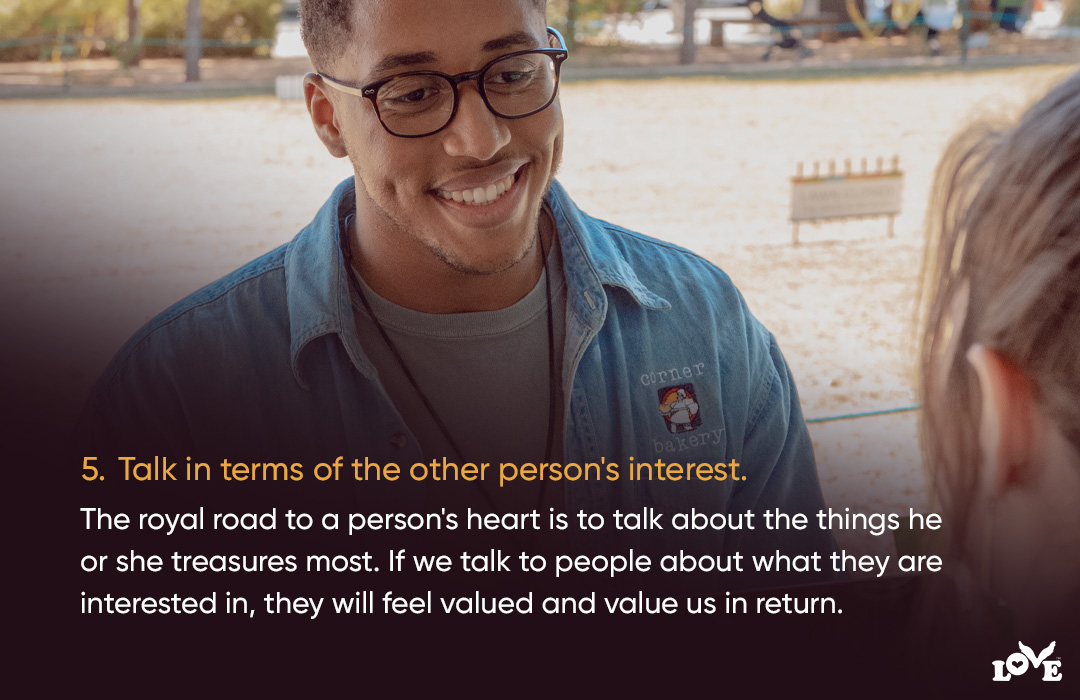
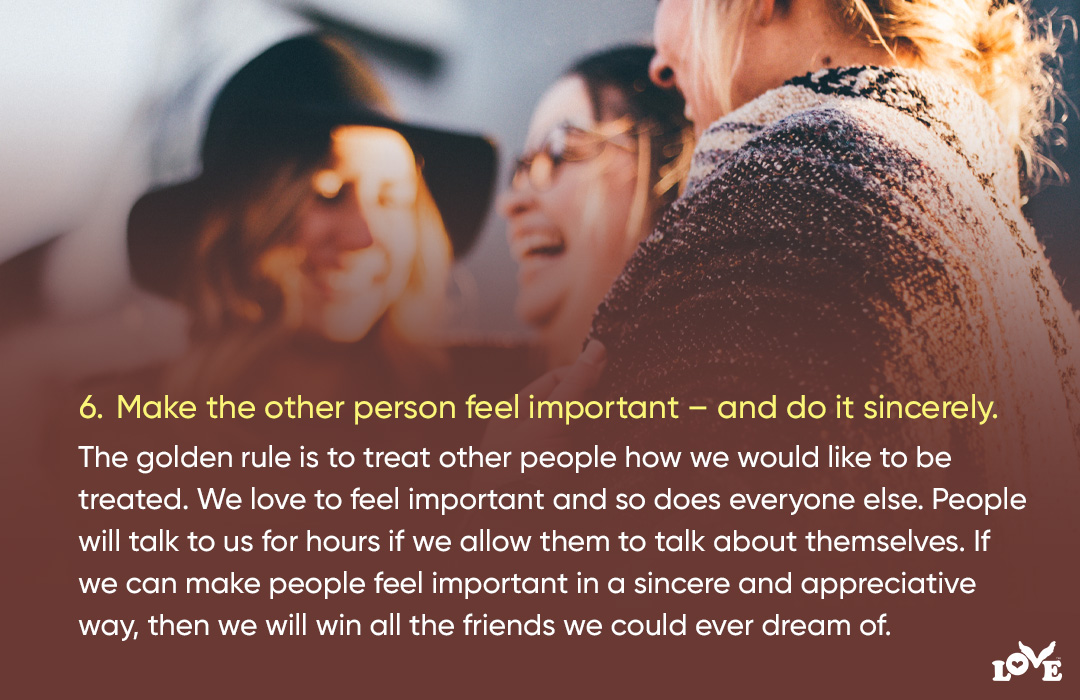
Other key points include: Call attention to people’s mistakes indirectly, Talk about your own mistakes before criticizing the other person, Show respect for the other person’s opinions, Never say “You’re wrong.”, and If you’re wrong, admit it quickly and emphatically.
These tips and others mentioned in the book can be harder to put into practice than we realize, especially something as simple as smiling more or remembering to call others by their name more often. In the end, the work will be worth it because in the process we learn the most valuable lesson of all; in order to gain a friend you have to be one first.
SOURCES
1Classic advice: Please, leave well enough alone. (2011, October 5). Retrieved from https://www.nytimes.com/2011/10/05/books/books-of-the-times-classic-advice-please-leave-well-enough-alone.html.
2Steven Watts, Self-Help Messiah (New York: Other, 2013) 2–4.
3Time magazine’s All-TIME 100 nonfiction books. (n.d.). Retrieved from https://www.listchallenges.com/time-magazines-all-time-100-nonfiction-books.
4Carnegie, Dale (1998). How to Win Friends and Influence People. New York: Gallery.
JOIN THE MOVEMENT
Subscribe to our newsletter and receive inspirational stories delivered to your inbox that spread love, updates on our movement, and notifications on upcoming deals & events.




